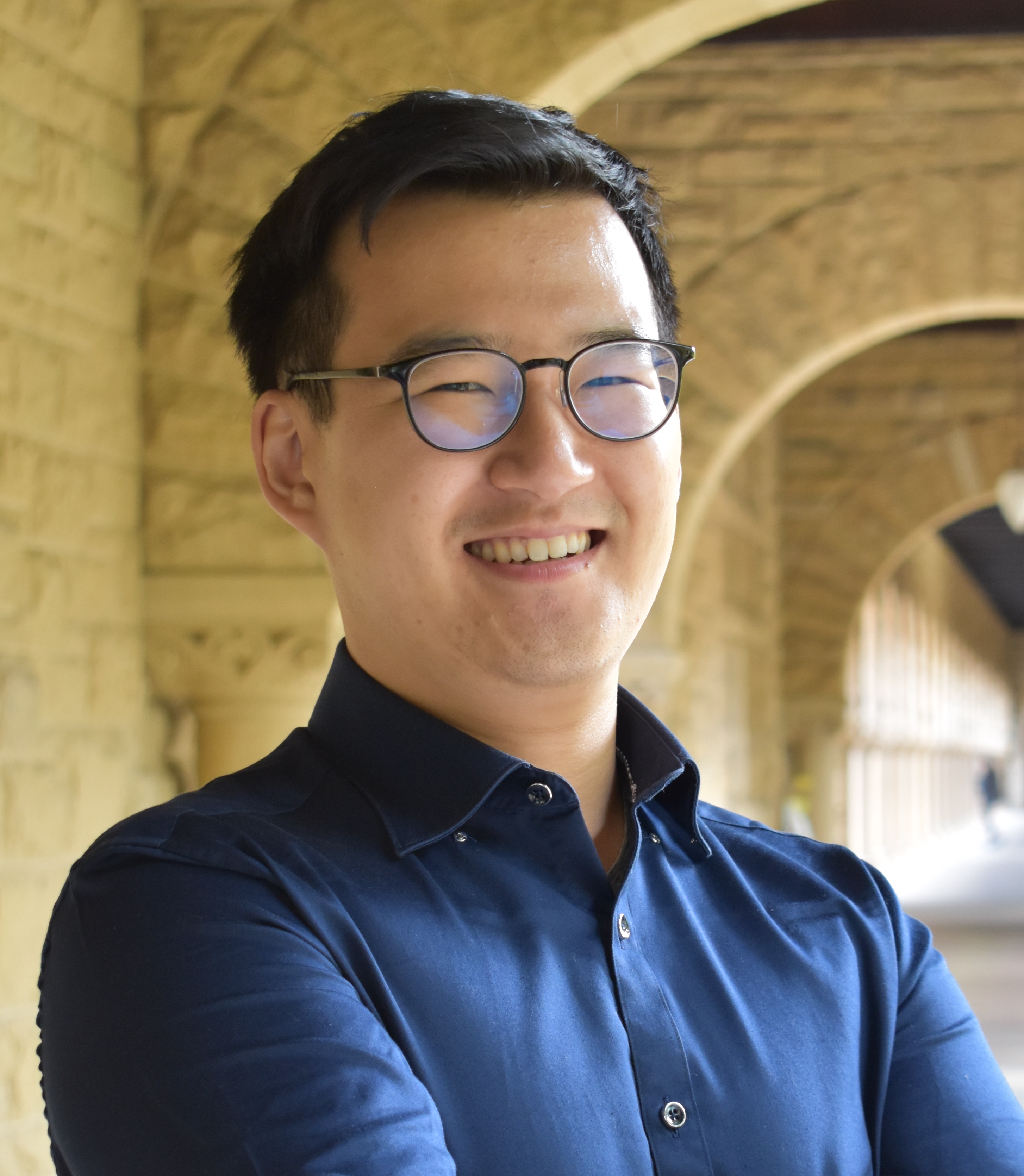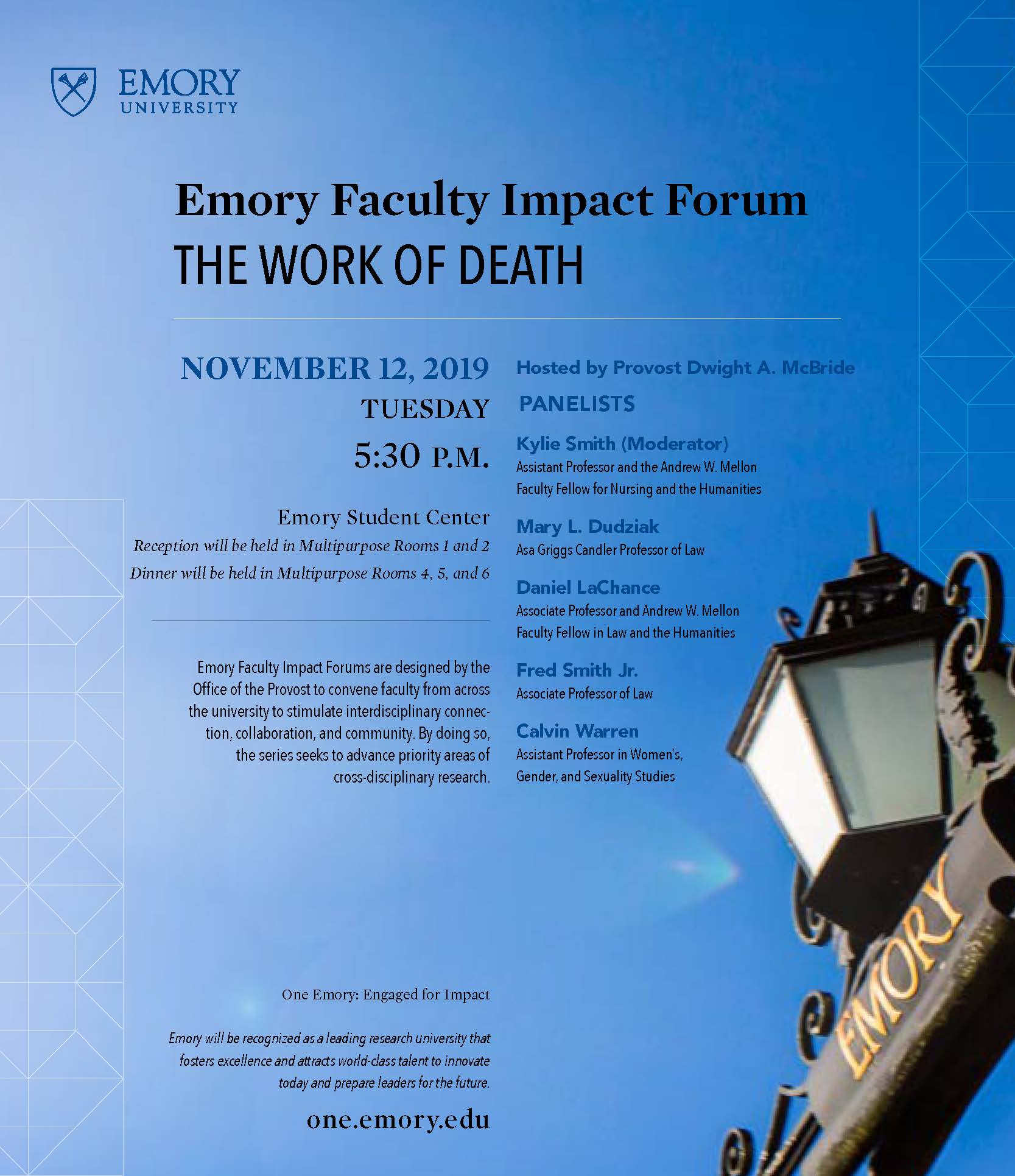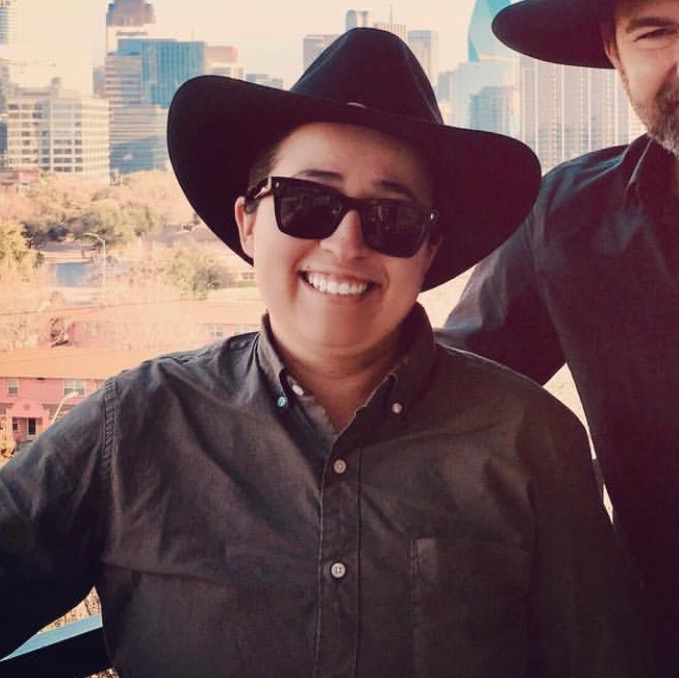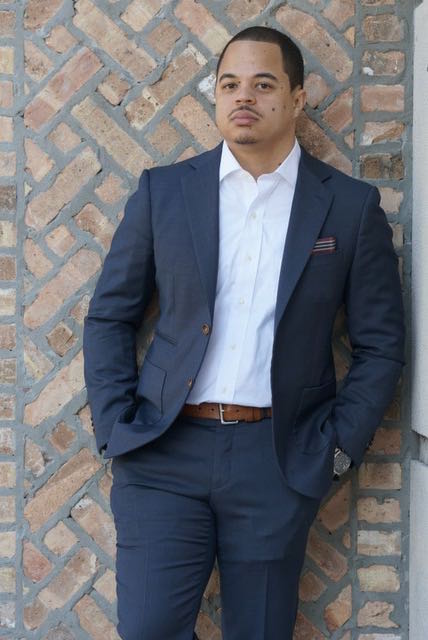In the fall of 2019 the Emory History Department welcomed four new faculty members. In the first of four posts coming in the next two weeks, the following profiles the work of Assistant Professor Chris Suh. Suh completed his PhD at Stanford University in 2018.

Tell us about the focus of your research and principal current project.
My research focuses on several interrelated topics: the United States in the Pacific, Asian American history, and the role of ideas about race and ethnicity in shaping human life.
My current book project, tentatively titled At the Dawn of the Pacific Era, charts the rise of the United States as a Pacific power in the first half of the twentieth century, a process that entailed an unprecedented level of overseas imperial expansion and immigration restriction. My project takes as its starting point that the United States began to rise as a Pacific power during the “Progressive Era”—a period mostly known for the surge of reform movements dedicated to the expansion of democracy and eradication of social problems caused by industrial capitalism. I argue that historical figures of this era genuinely came to see empire and exclusion as “progressive” because American policies were deliberately shaped to allow for the selective inclusion of certain Asians in imperial governance of the Pacific as they appeared to acquire the virtues of Western “civilization.” The policy of selective inclusion did not aim to end racial inequality. Yet from the perspective of certain race leaders at the time, this policy represented an opportunity for the non-white races to climb up the racial hierarchy and claim their place within the world of empires, not as “subject races,” but as one of the “civilized” powers.
Was there a particularly memorable moment from archival or field research that has had a lasting impact on your work or career?
I actually came to work on my book project after encountering the incredible diary of Yun Ch’i-ho, class of 1893, the first international student at Emory. Although Yun is well known in Korean history, much less is known about his exceptionally perceptive observations of how ideas about race shaped not only American domestic policy but also foreign policy. As a Korean educated in the Jim Crow South, Yun was particularly well positioned to see, even after his return to Korea, how ideas about race were crucial to maintaining the imperial order in the Pacific that the United States helped construct in the 20th century. When I was in graduate school, I visited Emory’s Stuart A. Rose Manuscript, Archives, and Rare Book Library to look at Yun’s papers and published a portion of my research in the Journal of American History under the title, “What Yun Ch’i-ho Knew: U.S.-Japan Relations and Imperial Race Making in Korea and the American South, 1904–1919” (2017).
What sort of courses – undergraduate or graduate – are you most excited to offer at Emory?
I am excited to have the opportunity to introduce students to the tools of the historian and help them understand our present moment through several courses that relate to my research interests.
This fall, I will be teaching a research seminar called “Transpacific Lives” that explores the history of US-Pacific relations through biographies, autobiographies, and historical monographs whose narratives are driven by an identifiable cast of central figures. I am hoping that students will make use of the rich archival collection at the Stuart A. Rose Manuscript, Archives, and Rare Book Library and discover interesting historical connections that have been obscured by nation-bound narratives, just as I did with my work on Yun Ch’i-ho.
Also related to my research is a lecture course on Asian American history, which I will teach in spring. It will investigate several timely issues including legal and illegal immigration, structural and cultural racism, and liberal and conservative politics. In addition to traditional historical sources, I will use photographs, film, music, art, and works of fiction as a lens through which to interpret multiple dimensions of Asian American lives as well as American society at large.
In addition, I am very excited to offer this fall a lecture course titled “Sounds of the Century: Understanding 20th Century US History through Popular Music,” which draws on my undying personal interest in popular music. The course will explore race, gender, sexuality, class, and nation through various kinds of music and social movements in the 20th century. I hope this course will offer students an interdisciplinary angle to understand many pressing issues in today’s political culture and cultural politics.
What drew you to Emory?
Working at Emory is a dream come true for me. Not only did I already have interest in Emory’s relationship with the Pacific World through my research, I was also deeply impressed by Emory’s institutional commitment to create an educational environment for students from all backgrounds. Emory is home to world-class faculty, staff, and students, and I am excited to join this thriving community.






